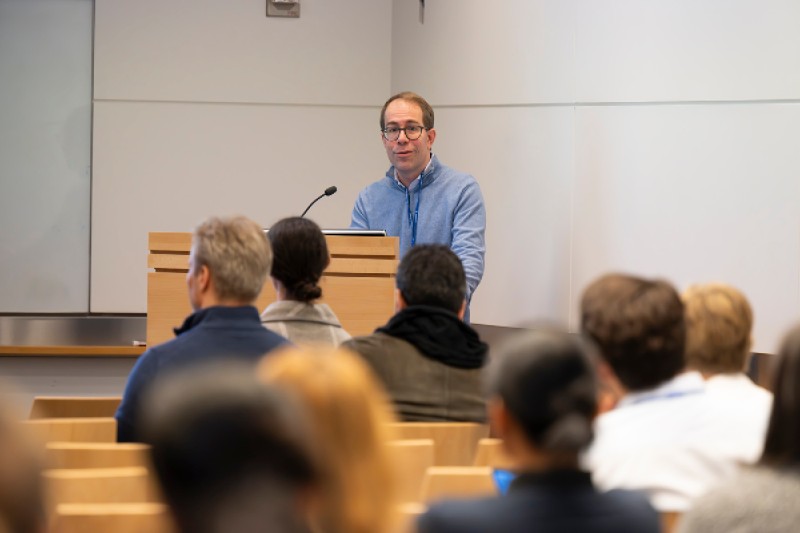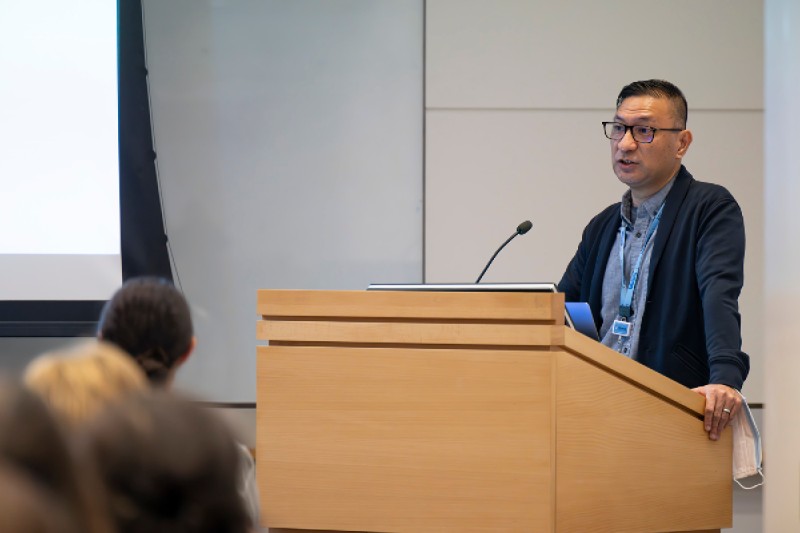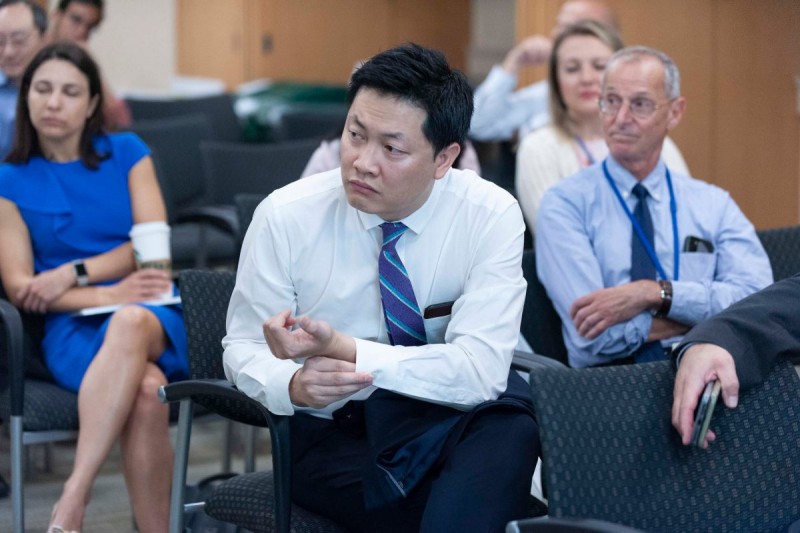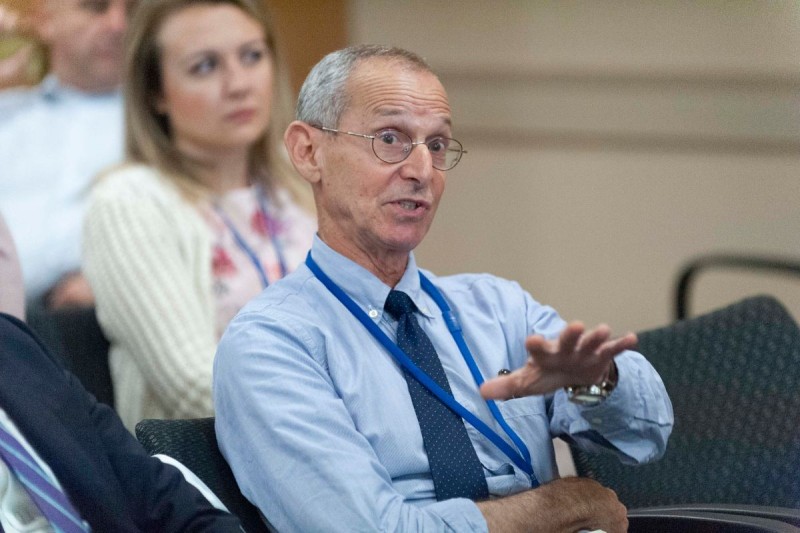
The David M. Rubenstein Center for Pancreatic Cancer Research (CPCR) at Memorial Sloan Kettering Cancer Center (MSK) was established in 2014 with generous support from David M. Rubenstein. The CPCR aims to improve the lives of people with pancreatic cancers through bold, innovative, multidisciplinary research.
This pursuit is urgent, because pancreatic cancer is the third leading cause of cancer death in the United States. Members of the CPCR are working together to make pancreatic cancer a more manageable and potentially curable disease.
Led by an internationally renowned team of clinicians and scientists, the CPCR has established the following strategic priorities:
- Recruiting new faculty members whose research will focus entirely on pancreatic cancer
- Providing enhanced education and support for pancreatic cancer patients and their families
- Facilitating daily interactions between scientists and clinicians caring for pancreatic cancer patients
- Expanding MSK’s substantial portfolio of clinical trials for pancreatic cancer patients, including an enhanced effort to move the development of new drugs to phase 1 trials
- Creating infrastructure and resources to augment translational and clinical research on pancreatic cancer and to foster collaborations within MSK’s research community and beyond
- Providing grant funding to support creative and innovative pancreatic cancer research, including outstanding projects that might be considered too exploratory or preliminary to be funded by traditional mechanisms
- Training the next generation of pancreatic cancer investigators and clinicians












